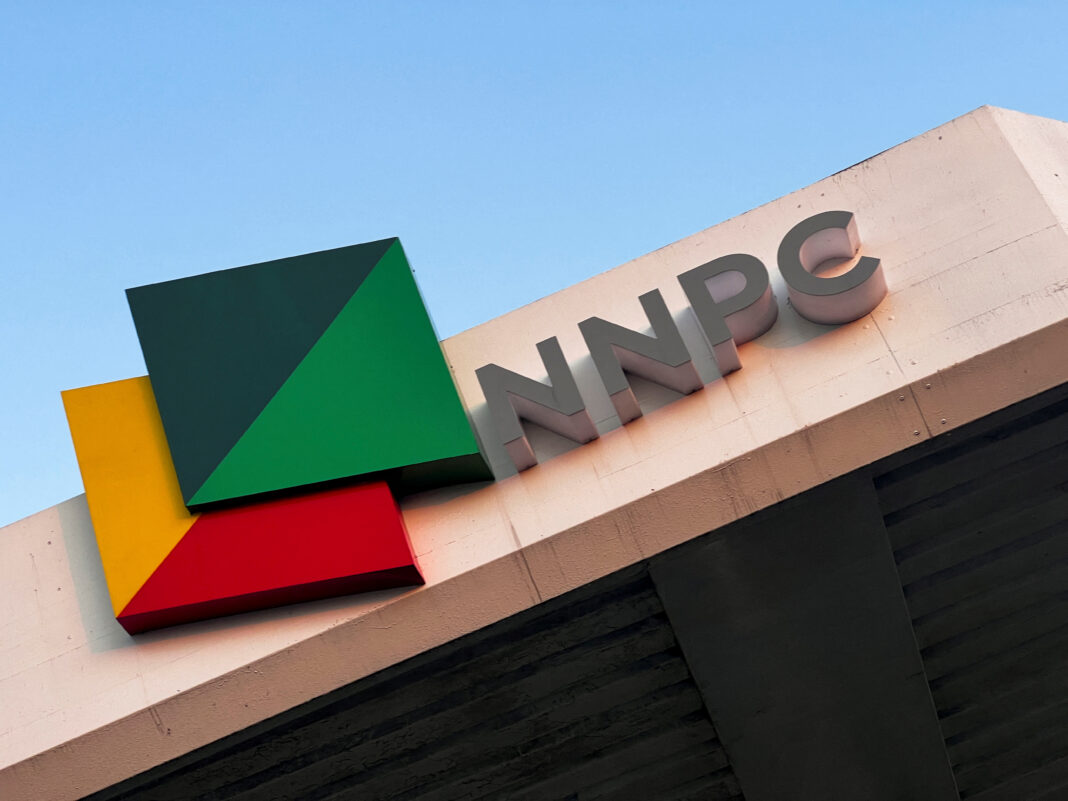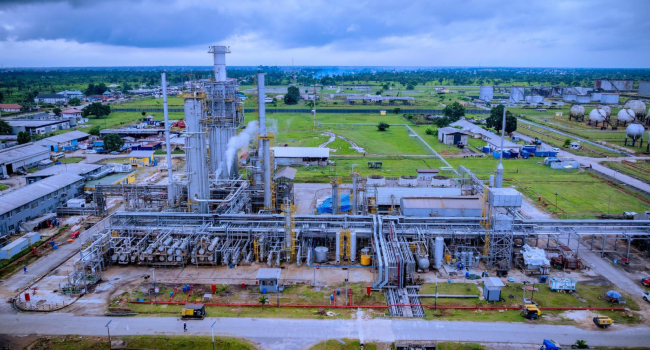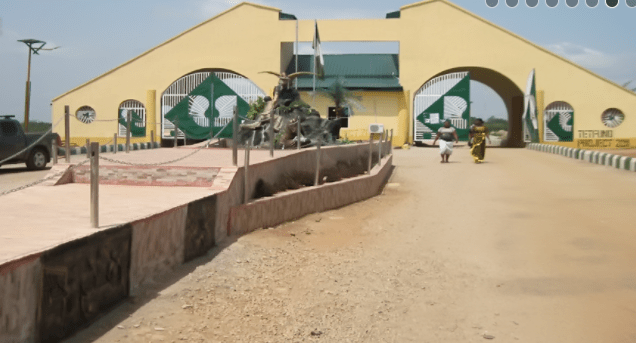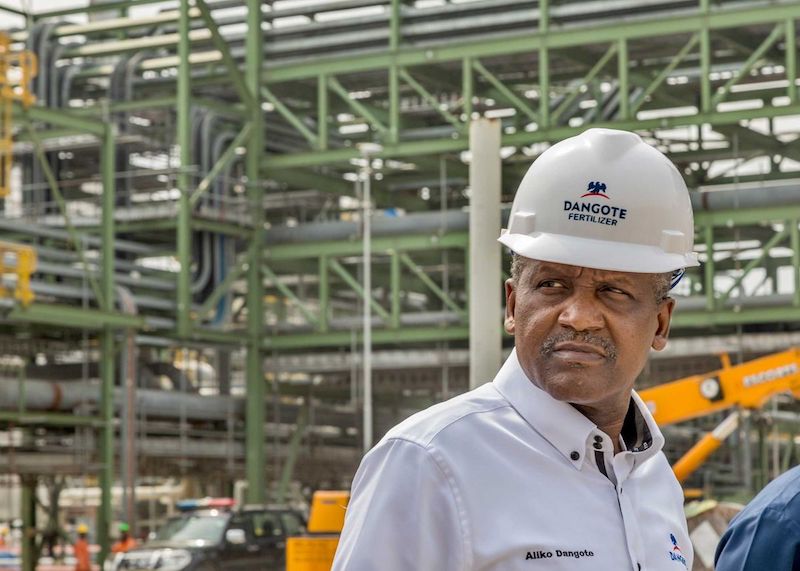The Nigerian National Petroleum Company Limited (NNPC Ltd) has reassured Nigerians about the successful operations of the Old Port Harcourt Refinery, which recently resumed production after a long period of inactivity.
Reports emerged that the Port Harcourt Refinery reopened by the NNPC is the old refinery built in 1965 which could produce only diesel, not fuel and is of 60,000 barrels’ capacity.
According to the unfounded reports, President Bola Tinubu-led government was engaging in a propaganda and the new refinery of 150,000 barrels capacity was yet to commence operations.
However, debunking the claims, NNPC on Tuesday night revealed that currently, the refinery operates at 70% of its capacity, producing essential fuels such as petrol, diesel, kerosene, and LPG, with plans to increase output to 90%.
NNPC dismissed reports questioning the refinery’s functionality, explaining that its processes include blending components from other facilities to ensure fuel meets quality standards.
This approach is common in refineries worldwide.
Additionally, NNPC announced that work on the new Port Harcourt Refinery is advancing, with operations set to commence soon.
The company encouraged Nigerians to support efforts toward strengthening the energy sector and reducing dependency on imports.
“We are, however, aware of unfounded claims by certain individuals suggesting that the refinery is not producing products. For clarity, the Old Port Harcourt Refinery is currently operating at 70% of its installed capacity, with plans to ramp up to 90%. The refinery is producing the following daily outputs:
“Straight-Run Gasoline (Naphtha): Blended into 1.4 million liters of Premium Motor Spirit (PMS or petrol)
Kerosene: 900,000 liters
Automotive Gas Oil (AGO or Diesel): 1.5 million liters
Low Pour Fuel Oil (LPFO): 2.1 million liters
Liquefied Petroleum Gas (LPG): Additional volumes
“It is worth noting that the refinery incorporates crack C5, a blending component from our sister company, Indorama Petrochemicals (formerly Eleme Petrochemicals), to produce gasoline that meets required specifications. Blending is a standard practice in refineries globally, as no single unit can produce gasoline that fully complies with any country’s standards without such processes”, NNPC said.




















